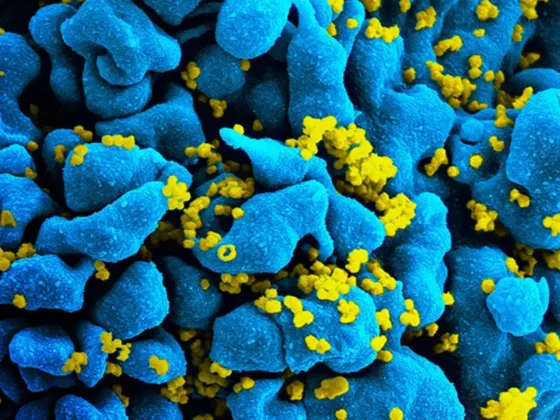New Delhi, October 03: As the world continues to grapple with the aftermath of the COVID-19 pandemic. There is an urgent need to prepare for future outbreaks. The NITI Aayog, India’s premier policy think tank, has released a comprehensive report outlining the country’s preparedness for pandemics and outlining key recommendations for strengthening its response capabilities.
Key Findings of the NITI Aayog Report
Vulnerability Assessment: The report highlights India’s vulnerability to pandemics due to its large population, dense urban areas, and diverse geographical landscape.
Strengthening Healthcare Infrastructure: The report emphasizes the need to invest in strengthening healthcare infrastructure. Including hospitals, laboratories, and healthcare workforce, to enhance the country’s capacity to respond to pandemics.
Early Warning Systems: The report calls for the establishment of robust early warning systems to detect and respond to outbreaks in a timely manner.
Research and Development: The report emphasizes the importance of investing in research and development for vaccines. Therapeutics, and diagnostics to combat future pandemics.
Public Health Preparedness: The report recommends strengthening public health preparedness measures, including risk communication, contact tracing, and quarantine facilities.
International Cooperation: The report highlights the need for enhanced international cooperation to address global health threats and facilitate the sharing of information and resources.
Recommendations for Action
Based on the findings of the report, the NITI Aayog has made several recommendations to strengthen India’s preparedness for pandemics:
Increase investments in healthcare infrastructure: Allocate adequate resources to improve the capacity and quality of healthcare facilities across the country.
Strengthen surveillance systems: Establish robust surveillance systems to detect outbreaks early and track their spread.
Invest in research and development: Support research and development for vaccines, therapeutics, and diagnostics for emerging infectious diseases.
Enhance public health preparedness: Develop and implement comprehensive public health preparedness plans, including risk communication, contact tracing, and quarantine facilities.
Strengthen international cooperation: Collaborate with other countries and international organizations to share information, resources, and best practices.
Read Also – A Hidden Epidemic In India: 1 in 4 Diabetics at Risk of Heart Failure, Reveals Study
The NITI Aayog report serves as a crucial roadmap for India’s efforts to prepare for future pandemics. The COVID-19 pandemic has demonstrated the devastating impact that pandemics can have on individuals, communities, and economies. According to the experts, by investing in preparedness and strengthening our collective response, the people in the country can protect ourselves and future generations from the ravages of these global health crises.











